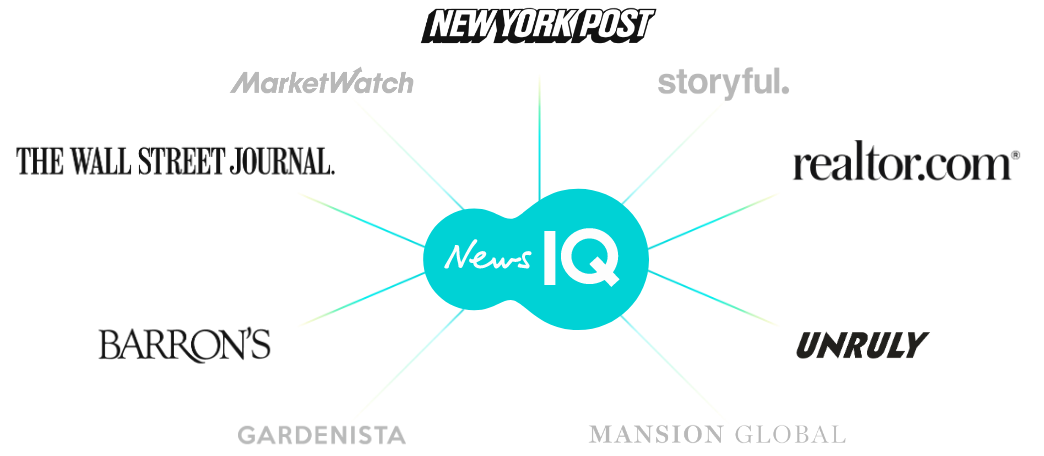Are rumors of cookies’ death are greatly exaggerated?
Over the last year, you could be forgiven for thinking that technology companies’ moves to kerb the historic browser tracking technology would kill off classical advertising practices:
- ITP 2.1 from Apple purges most first-party cookies after seven days and blocks all third-party cookies by default, rendering device fingerprinting and long-tail measurement nearly impossible.
- Firefox’s Enhanced Tracking Protection, which stops third-party cookies, turning on by default.
But News Corp doesn’t think the new measures will end its ability to profitably use data about its users for marketing.
“First-party cookies are still within the Safari environment (and) Firefox environment,” says Chris Guenther, SVP of programmatic advertising at the global publishing group. “They’re fine and they’re still critical to the whole digital ecosystem because you want to be as a publisher or the owner of the site.
“When we drop for our own needs, analytics, gathering data, that’s a first-party cookie and that’s going to be fine.”
That’s important for Guenther because, two years ago, News Corp launched NewsIQ, integrating all of its collective first-party data, premium media properties and data science tools into one unified advertising solution – the aim: to offer advertisers enhanced audience scale.

Guenther acknowledges the new constraints on third-party cookies via Safari and Firefox are already resulting in negative impact for advertisers and publishers. But he is concerned more is to come.
“I think everyone’s waiting for … the big shoe to drop with Chrome because I think they make 65% of the market here in the US,” he says.
“Should they follow the same path as Apple or Firefox, you’re going to see a pretty serious impact on … (ad) buyers’ ability to use third-party data to track users.
“There’s no doubt that we’ll have a near term impact on CPMs that come in through open auction, perhaps balanced out by increasing contextual targeting.”
Guenther’s takeaway, like that so many other publishers are discovering, is clear – if you want to continue profiting from audience data, you had better own the audience relationship.
This video is from a Beet.TV series “Unlocking People-Based Marketing on the Open Web presented by OpenX.” Please find more videos from the series on this page.



































